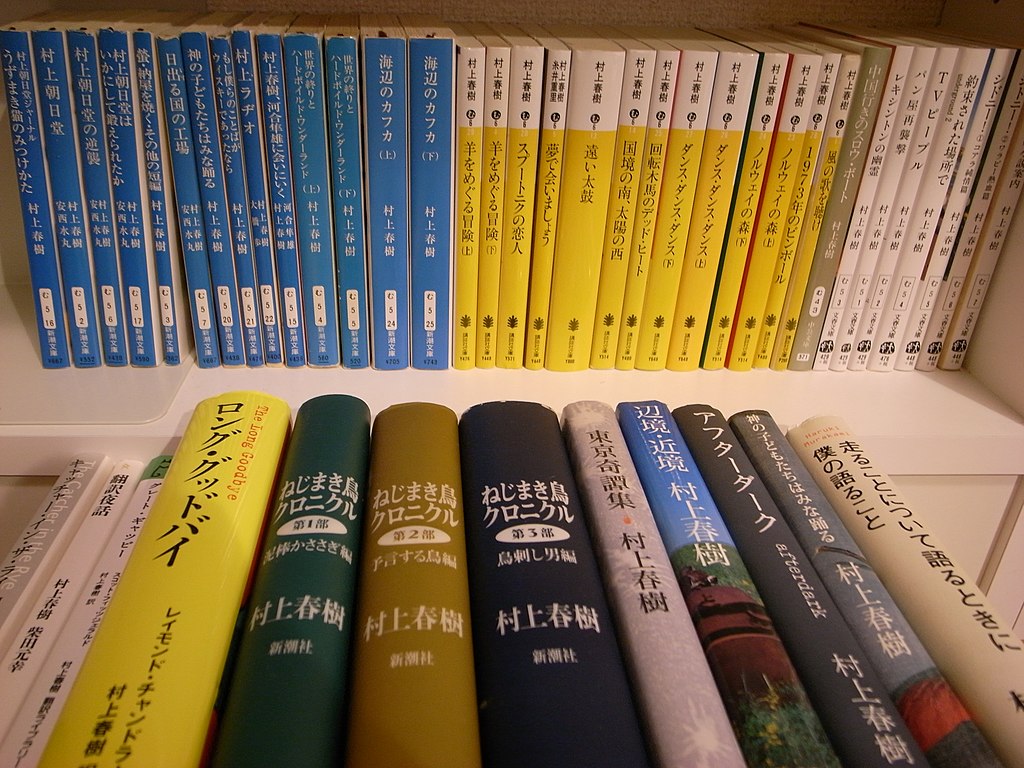
Gitte Marianne Hansen has translated one of Japanese writer Murakami Haruki's four short stories where the narrator is a woman.
A Gates Cambridge Scholar has translated a short story by leading Japanese author Murakami Haruki into English.
Gitte Marianne Hansen [2009] has translated ‘Kanō Kureta’ [加納クレタ], the only one of Murakami’s four short stories with a female narrator which had not previously been published in English.
The story was written in 1990. The title is also the name the narrator uses – it’s given to her by her sister – and that name also appears in one of Murakami’s most well-known novels, Wind-up Bird Chronicle. Gitte says that in that way the two works are highly related. As this character was called Creta Kano in the translated novel, she decided to use the same name in her translation of the short story to maintain the link.
Gitte says: “While the observant Japanese reader would have met Kanō Kureta as the narrator of her own short story in 1990 and only four years later becoming reacquainted with the mysterious women going by the same name in Nejimakidori kuronikuru, most English readers will already have met Creta Kano in The Wind-Up Bird Chronicle. This means that in the English context of Murakami’s works, it is no longer the short story that sets the premise for the novel, but the novel that sets this premise for the short story retroactively.”
She adds that the short story is important for that reason – it potentially alters people’s understanding of one of Murakami’s most well-known novels.
The short story appears in volume 3 of MONKEY: New writing from Japan, which was released in the US – and Europe – earlier this year. Gitte, who did her PhD in Japanese Studies, is Reader in Japanese studies at Newcastle University where she teaches Japanese literature, popular culture and translation. She works on character construction and narrative strategies in relation to gender and transmedial production. In 2018 she led the AHRC-funded project Eyes on Murakami which brought together translators, artists, filmmakers and researchers of Japanese literature. Last year she edited Murakami Haruki and Our Years of Pilgrimage with Michael Tsang.
*Picture credit: Wiki commons and nappa.












